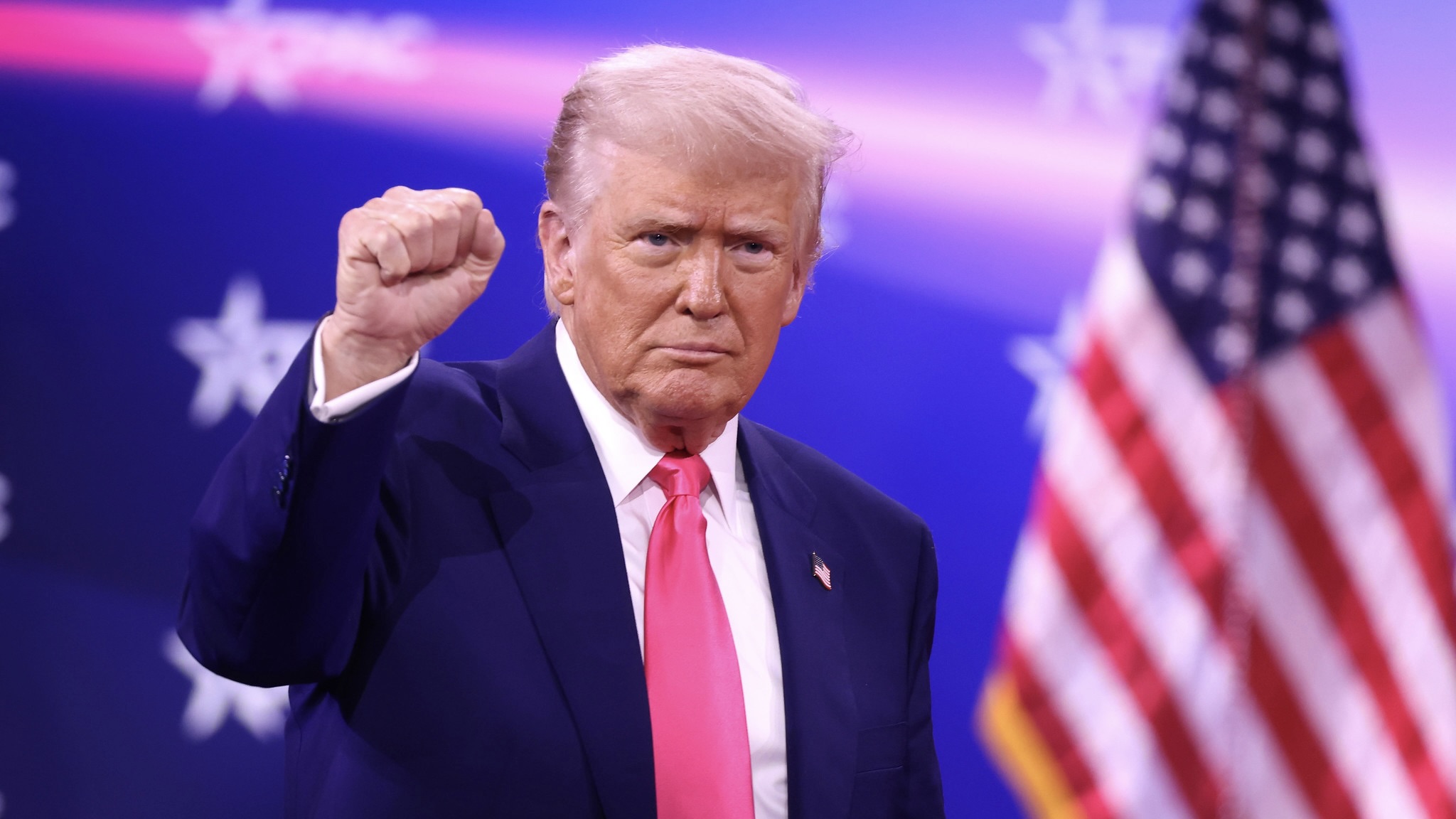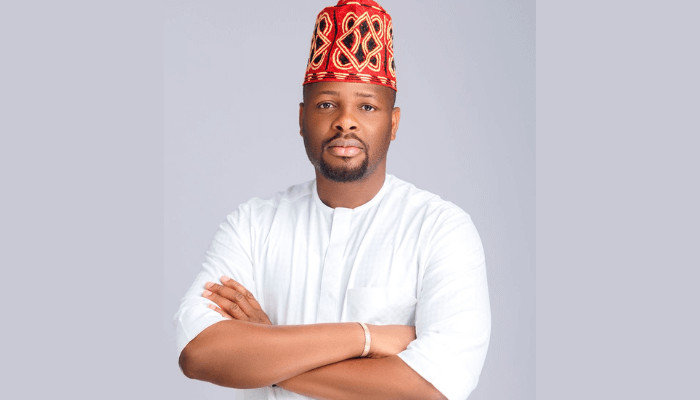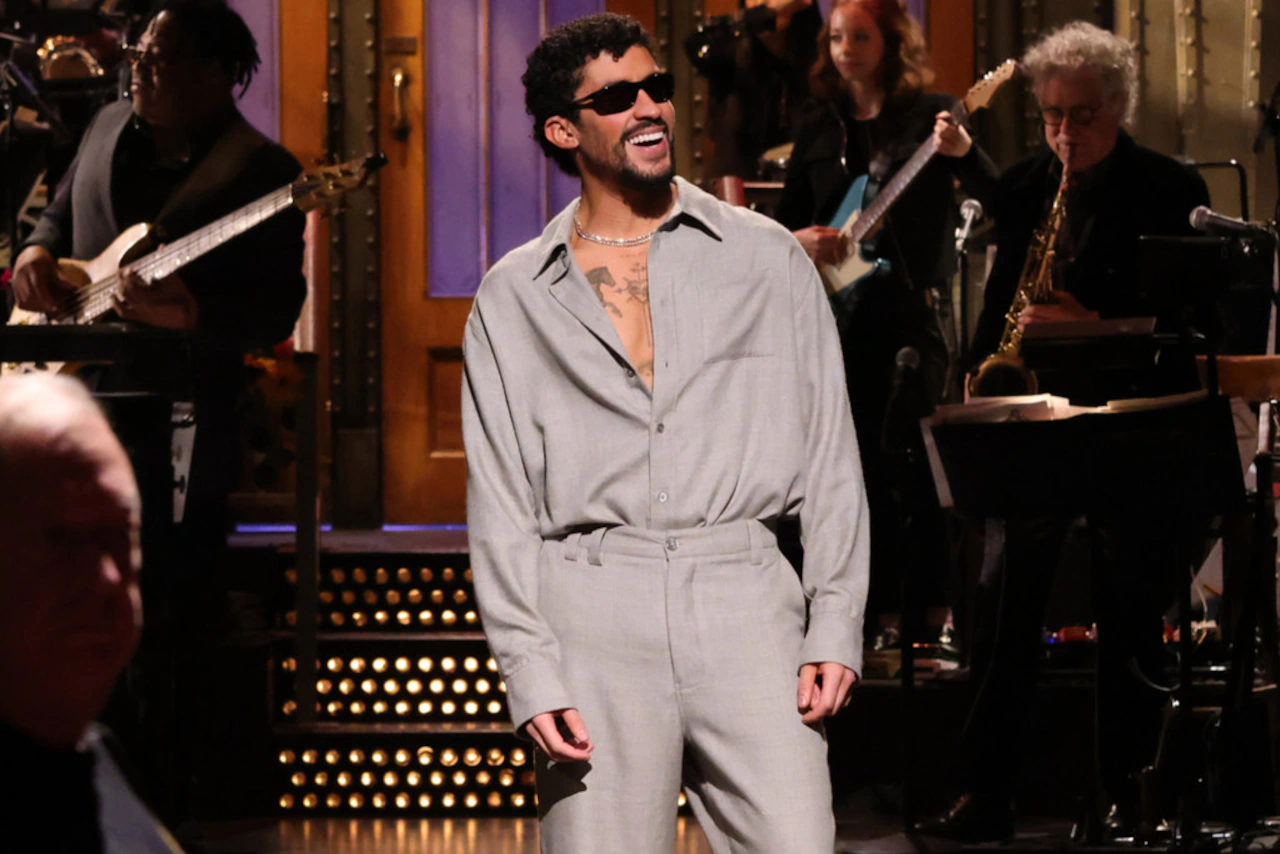Copyright International Business Times

The BBC has been thrust into an unprecedented crisis following the resignation of its Director‑General, Tim Davie, amid controversy over allegedly altered footage of former US President Donald Trump's January 6 speech. The incident has ignited fierce debate over editorial standards, institutional accountability, and the trustworthiness of one of the world's most prominent public broadcasters. The situation has not only drawn attention from British media but also international outlets, highlighting the global implications of perceived lapses in impartial reporting. The Controversy Over Edited Trump Speech Footage The scandal centres on a Panorama documentary that presented excerpts from Trump's 6 January address in a sequence critics say was misleading. Separate clips of the speech were joined to create the impression that Trump issued a continuous call to action, when in reality the segments were separated by several minutes. Internal reviews indicate that the edit omitted key moments in which Trump encouraged peaceful protest, while juxtaposing footage of extremist groups, effectively distorting the context. The resulting portrayal suggested direct incitement, sparking outrage among political observers, media critics, and viewers alike. The controversy was compounded by a leaked internal memo that raised concerns about other sensitive coverage, including reporting on the Israel‑Hamas conflict and issues relating to transgender rights. Media analysts argue that this incident reflects broader challenges in maintaining editorial rigour across politically charged topics. Internationally, the White House accused the BBC of 'purposeful dishonesty', and political commentators debated the wider implications for journalistic objectivity. The incident has reignited longstanding debates about the role of public service broadcasters in navigating complex political environments while maintaining impartiality and accuracy. BBC Leadership Resignations and Organisational Response The fallout from the editorial misstep resulted in the resignations of both Tim Davie and Deborah Turness, the BBC's head of news. While Davie framed the decision as a personal choice to assume ultimate responsibility for editorial errors, reports suggest the timing also reflected pressure from the board and public opinion. In communications with staff, he pledged to remain temporarily to facilitate a smooth leadership transition. The dual departure signals a profound institutional reckoning: the BBC plans to undertake a comprehensive review of editorial policies, internal oversight, and governance structures to restore confidence in its operations. The resignations have also attracted the attention of the UK Parliament, with the Culture, Media and Sport Committee demanding a full response on potential bias and editorial misconduct. Lawmakers emphasised the need for transparency and accountability, stressing that public trust in the broadcaster is paramount. Within the BBC, the leadership shake‑up is expected to drive internal reforms, including stricter adherence to editorial guidelines and improved mechanisms for reviewing politically sensitive material before publication. Implications for Media Trust and Public Perception The scandal extends beyond the BBC itself, highlighting the fragile state of public trust in media institutions worldwide. In an era of heightened political polarisation and scepticism toward traditional news sources, even minor editorial misjudgements can have far-reaching consequences. The case underscores the importance of context, transparency, and rigorous fact‑checking in journalism, particularly for organisations with global reach. Observers suggest that the BBC's handling of the incident could set a precedent for other public‑service broadcasters facing similar challenges. Lessons learned from this episode may influence editorial policies, staff training, and oversight practices, potentially shaping the global media landscape. Furthermore, the controversy emphasises the need for media organisations to balance investigative ambition with the ethical obligation to report accurately, ensuring that public confidence is preserved while maintaining journalistic freedom. The resignation of Tim Davie and the leadership shake‑up at the BBC mark a pivotal moment in modern journalism. The broadcaster's response to this crisis will be closely watched, not only in the United Kingdom but across the world, as a test of its ability to uphold editorial integrity, regain public trust, and reinforce its role as a credible voice in an increasingly complex and scrutinised media environment.



